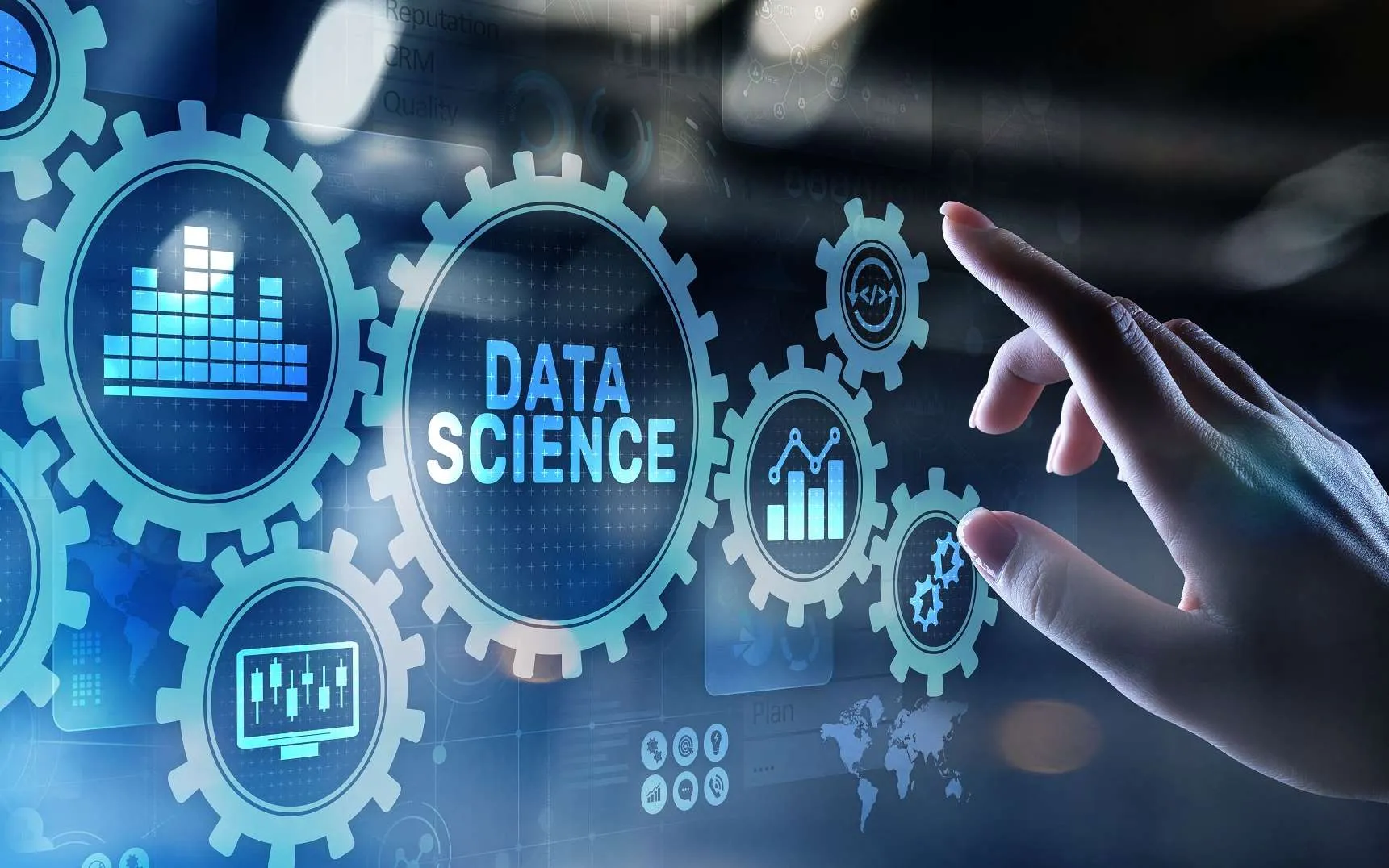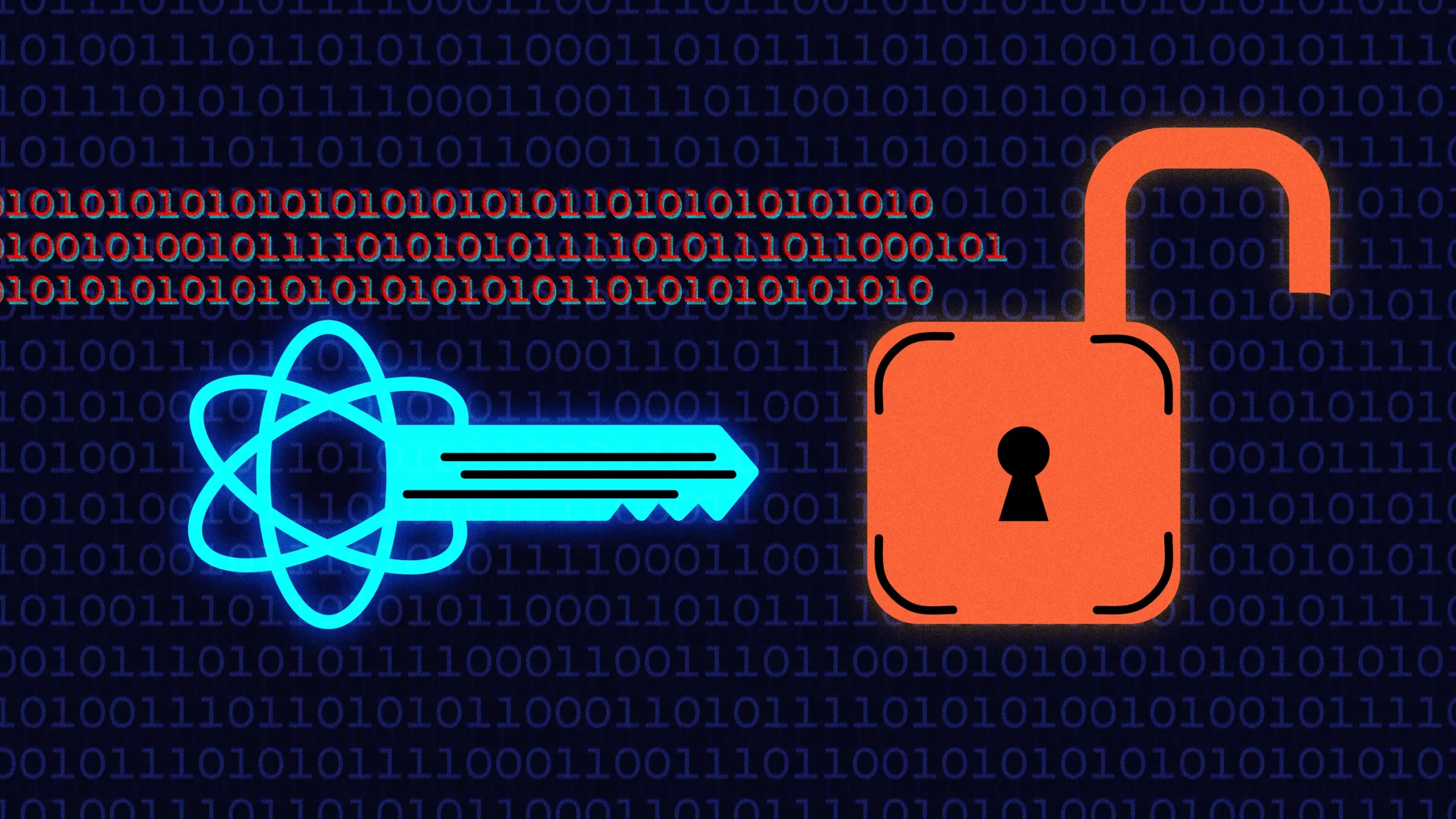justineanweiler.com – In today’s data-driven world, the terms “Data Science” and “Big Data” have become ubiquitous, often appearing together in discussions about technology and innovation. Understanding their relationship and significance is crucial for businesses looking to leverage data for strategic advantage.
What is Data Science?
Data Science is an interdisciplinary field that uses scientific methods, processes, algorithms, and systems to extract knowledge and insights from structured and unstructured data. It combines techniques from statistics, computer science, and domain expertise to analyze and interpret complex data.
Key components of Data Science include:
- Data Collection: Gathering relevant data from various sources, such as databases, APIs, or web scraping.
- Data Cleaning and Preparation: Ensuring the data is accurate and usable, which often involves handling missing values, duplicates, and inconsistencies.
- Data Analysis: Applying statistical methods and algorithms to explore the data and identify patterns or trends.
- Modeling: Developing predictive models using machine learning algorithms to forecast future outcomes based on historical data.
- Data Visualization: Creating visual representations of data findings to communicate insights effectively.
What is Big Data?
Big Data refers to extremely large datasets that may be analyzed computationally to reveal patterns, trends, and associations, especially relating to human behavior and interactions. The concept of Big Data is often defined by the “Three Vs”:
- Volume: The sheer amount of data generated daily—ranging from terabytes to petabytes.
- Velocity: The speed at which data is generated and processed, requiring real-time analysis to derive actionable insights.
- Variety: The different types of data, including structured data (like databases) and unstructured data (like social media posts, videos, and images).
Big Data technologies, such as Hadoop, Apache Spark, and NoSQL databases, enable organizations to store, process, and analyze vast quantities of data efficiently.
The Intersection of Data Science and Big Data
The integration of Data Science and Big Data has revolutionized how organizations approach decision-making. Here’s how they complement each other:
- Enhanced Decision-Making: Data Science techniques enable businesses to extract actionable insights from Big Data, allowing for more informed decisions.
- Predictive Analytics: By analyzing large datasets, data scientists can identify trends and forecast future behaviors, improving planning and strategy.
- Real-Time Insights: With Big Data technologies, organizations can analyze data as it flows in, providing immediate insights that can drive quick action.
- Personalization: Businesses can leverage data to create tailored experiences for customers, improving engagement and satisfaction.
Applications of Data Science and Big Data
The applications of Data Science and Big Data are vast and varied, impacting numerous industries:
- Healthcare: Analyzing patient data to improve treatment outcomes and predict disease outbreaks.
- Finance: Detecting fraud patterns and assessing credit risk through large-scale transaction data analysis.
- Retail: Optimizing inventory management and enhancing customer experience through personalized recommendations.
- Marketing: Understanding consumer behavior by analyzing social media data and online interactions to target advertising effectively.
- Transportation: Using real-time traffic data to improve routing and reduce congestion.
Challenges and Considerations
While the potential of Data Science and Big Data is immense, several challenges must be addressed:
- Data Privacy: With increased data collection comes the responsibility to protect personal information and comply with regulations like GDPR.
- Data Quality: Ensuring high-quality data is crucial for accurate analysis and insights.
- Skill Gap: There is a growing demand for skilled data scientists, and organizations must invest in training and education.
Conclusion
Data Science and Big Data are pivotal in shaping the future of business and technology. By harnessing the power of data, organizations can unlock valuable insights that drive innovation, improve efficiency, and enhance customer experiences. As technology continues to evolve, the synergy between these two fields will undoubtedly lead to even greater advancements and opportunities. Embracing this data revolution is no longer optional; it’s essential for success in today’s competitive landscape.




